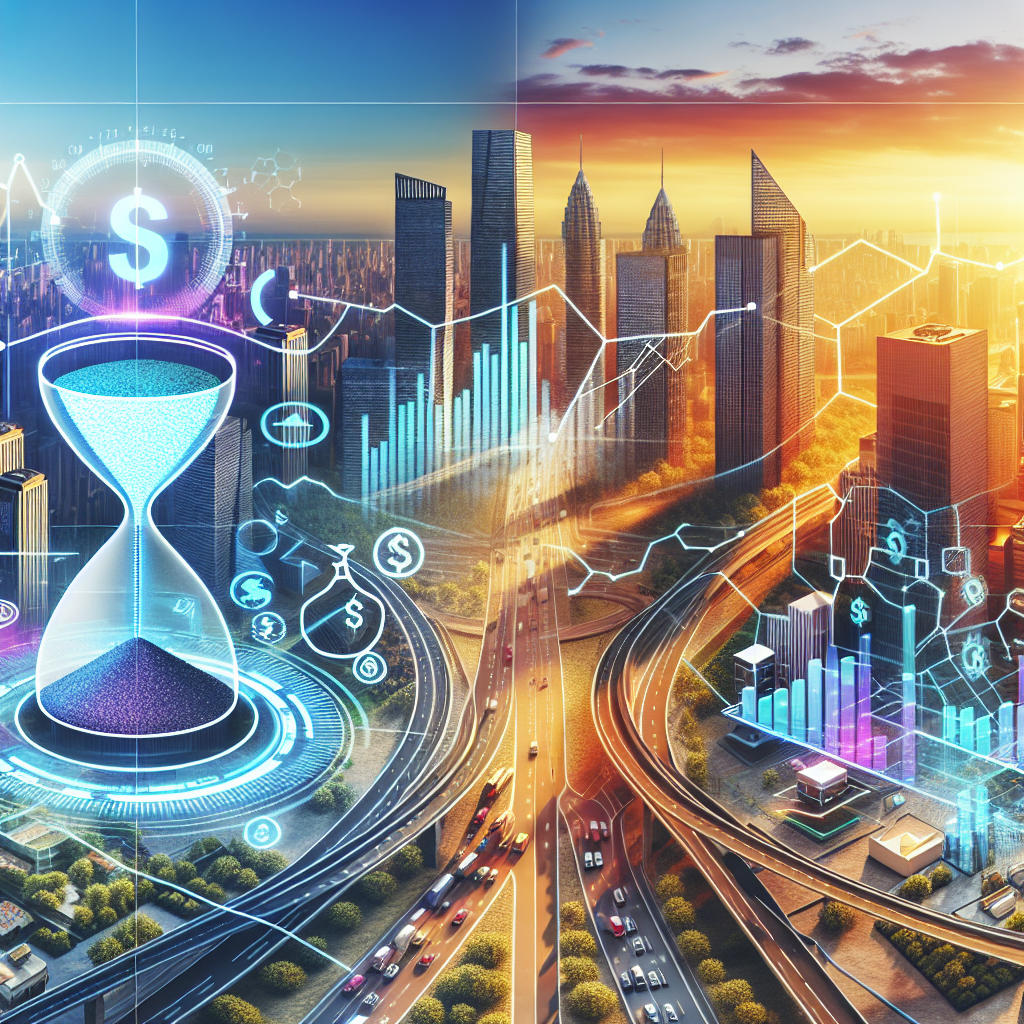Inflation is a term used to describe the increase in the general price level of goods and services in an economy over a period of time. It is a common occurrence in most economies around the world and can have a significant impact on various aspects of the economy. In this article, we will explore how inflation affects the economy and what its implications are for consumers, businesses, and policymakers.
Impact of inflation on the economy
1. Purchasing power: One of the most significant impacts of inflation is the erosion of purchasing power. When prices rise, consumers need to spend more money to purchase the same goods and services they were able to buy for less before. This means that the real value of their money decreases, leading to a decrease in their purchasing power. As a result, consumers may have to cut back on their spending or seek cheaper alternatives, which can have a negative impact on businesses.
2. Interest rates: Inflation can also affect interest rates in an economy. When inflation is high, central banks may raise interest rates to control it. Higher interest rates make borrowing more expensive, leading to a decrease in consumer spending and business investment. On the other hand, low inflation may lead to lower interest rates, which can encourage borrowing and spending. However, if inflation is too low, it can lead to deflation, which has its own set of negative consequences.
3. Wages: Inflation can also impact wages in an economy. When prices rise, workers may demand higher wages to maintain their purchasing power. This can lead to wage-price spirals, where higher wages lead to higher prices, and vice versa. Inflation can also erode the real value of wages if they do not keep pace with rising prices, leading to a decrease in living standards for workers.
4. Investment: Inflation can also affect investment decisions by businesses. When prices rise, businesses may raise their prices to maintain their profit margins. This can lead to a decrease in consumer demand, which can hurt businesses’ bottom lines. Inflation can also lead to higher production costs, making it more expensive for businesses to produce goods and services. As a result, businesses may cut back on investment and expansion, leading to slower economic growth.
5. Exchange rates: Inflation can also impact exchange rates in an economy. When inflation is higher in one country compared to another, the currency of the inflationary country may depreciate relative to the currency of the non-inflationary country. This can lead to changes in trade balances, as imports become more expensive and exports become more competitive. However, high inflation rates can also lead to capital flight, as investors seek higher returns in non-inflationary countries.
FAQs
Q: What causes inflation?
A: There are several factors that can cause inflation, including excess demand, cost-push inflation, and expectations of future price increases. Excess demand occurs when there is more demand for goods and services than the economy can produce, leading to price increases. Cost-push inflation occurs when the cost of production rises, leading to higher prices for goods and services. Expectations of future price increases can also lead to inflation, as consumers and businesses adjust their spending and investment decisions accordingly.
Q: How does inflation differ from deflation?
A: Inflation is the increase in the general price level of goods and services, while deflation is the decrease in the general price level. Deflation can lead to a decrease in consumer spending and business investment, as people expect prices to continue falling. This can lead to a downward spiral of falling prices and economic stagnation. Inflation, on the other hand, can erode the purchasing power of consumers and lead to higher interest rates, which can impact borrowing and investment decisions.
Q: What is the role of the central bank in controlling inflation?
A: The central bank plays a crucial role in controlling inflation by adjusting interest rates and implementing monetary policy. When inflation is too high, the central bank may raise interest rates to slow down economic activity and curb price increases. On the other hand, when inflation is too low, the central bank may cut interest rates to stimulate economic growth and prevent deflation. The central bank’s goal is to maintain price stability and promote sustainable economic growth.
In conclusion, inflation can have a significant impact on the economy, affecting consumers, businesses, and policymakers. It can erode purchasing power, impact interest rates, wages, and investment decisions, and influence exchange rates. Understanding the causes and consequences of inflation is essential for policymakers to implement effective measures to control it and ensure price stability in the economy.
